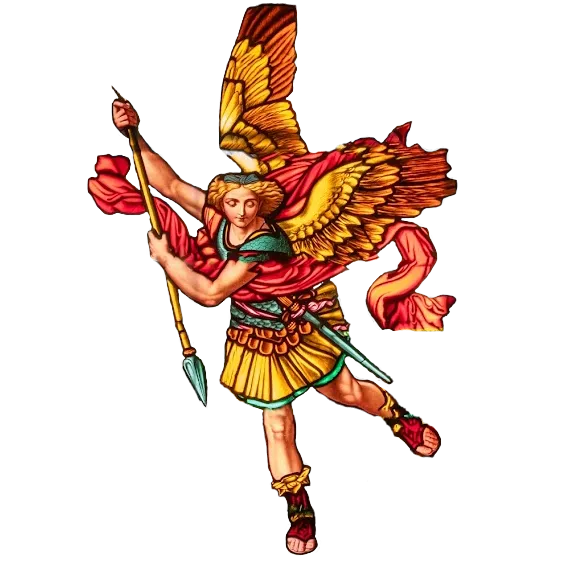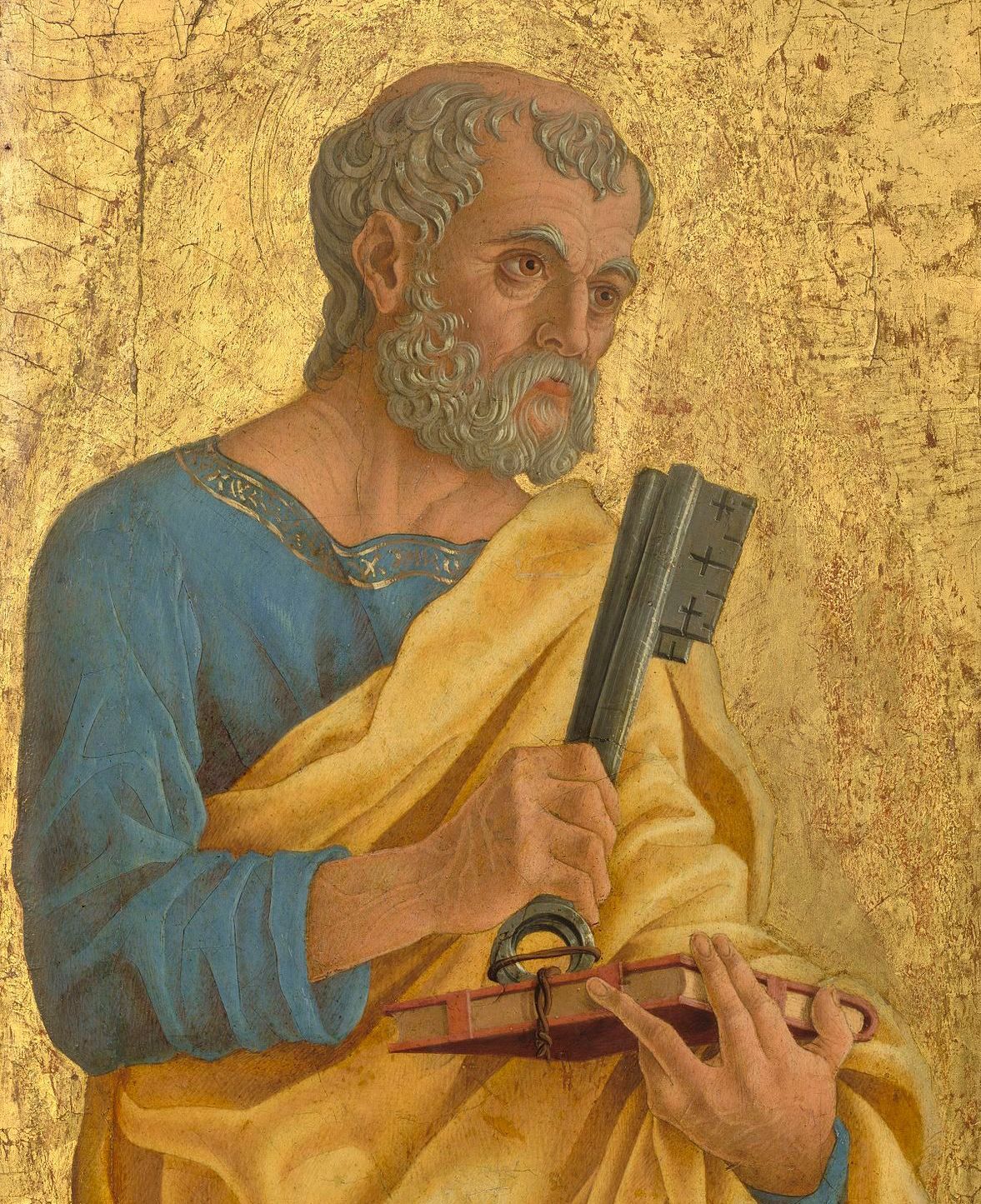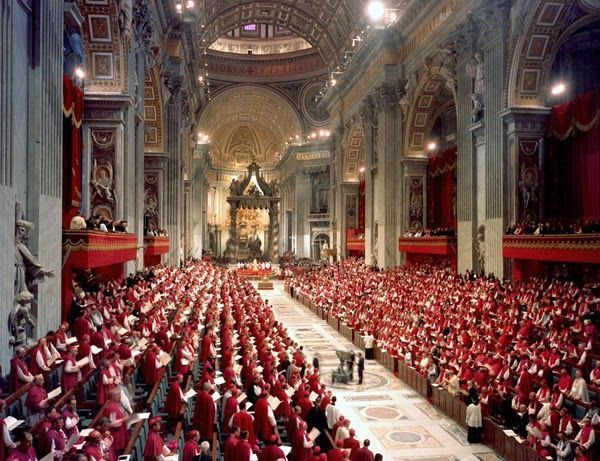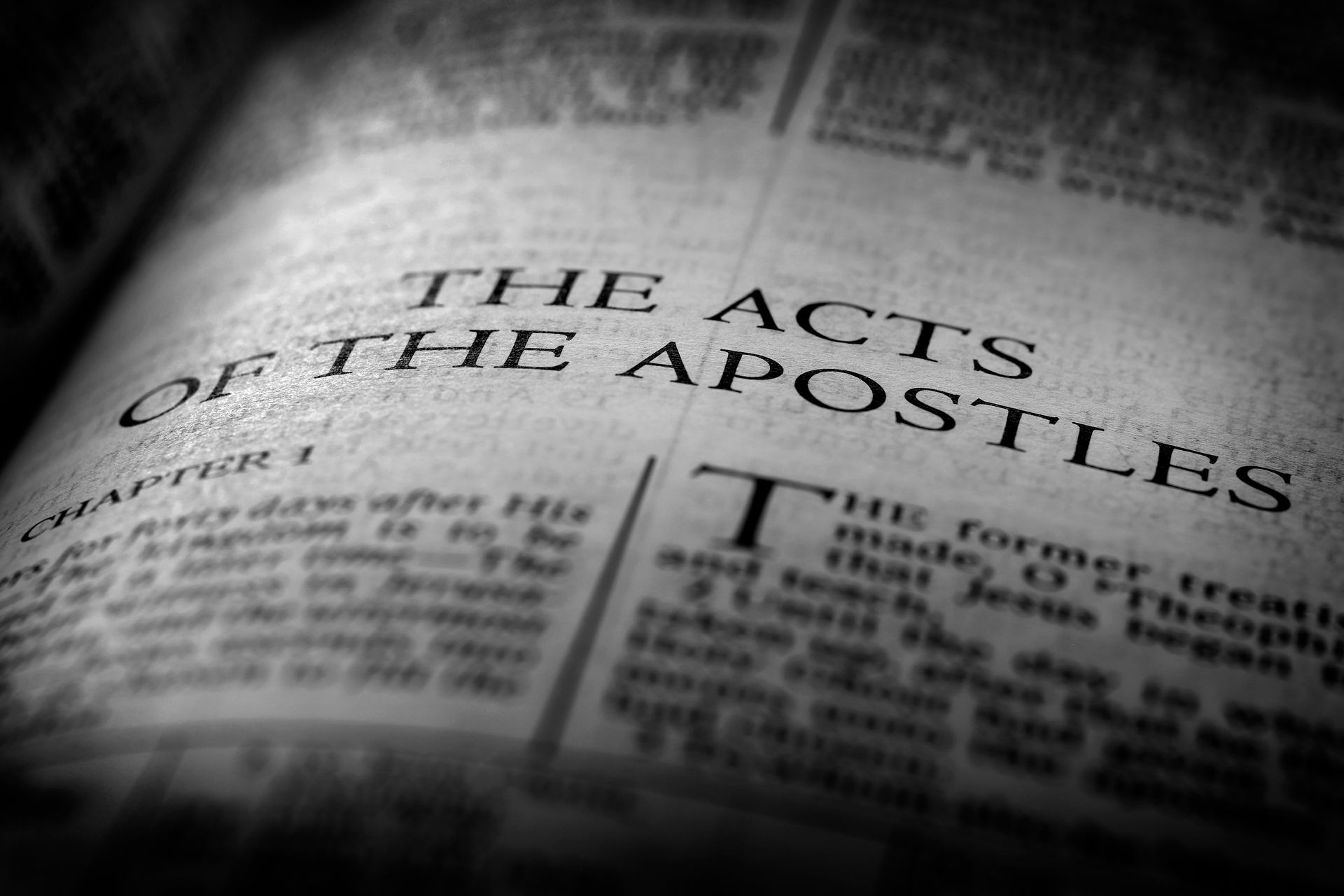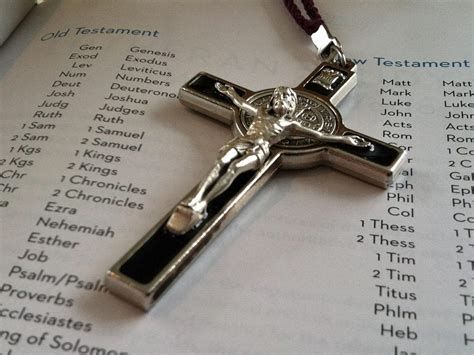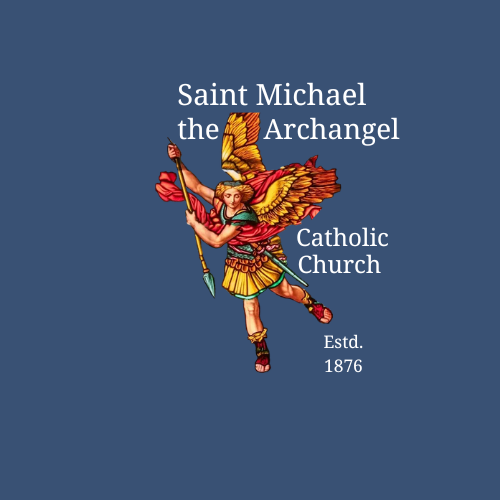Apostolic Succession
Jesus said to [Simon Peter], "I say to you, you are Peter, and upon this rock I will build my church...
What is Apostolic Succession?
Jesus said to [Simon Peter], "I say to you, you are Peter, and upon this rock I will build my church, and the gates of the netherworld shall not prevail against it. I will give you the keys to the kingdom of heaven. Whatever you bind on earth shall be bound in heaven; and whatever you loose on earth shall be loosed in heaven."
Matthew 16: 18-19
Apostolic Succession describes how the teaching and governing authority of the Church, established by Christ himself through his Apostles under the leadership of and in communion with Saint Peter, has been handed down through the centuries in the Catholic hierarchy.
When Christ established his Church as the one assembly of God's faithful people, he gave her a visible structure and hierarchy. He did this by selecting Twelve Apostles to serve as her first bishops, and from among these men he chose Saint Peter as their head, the "Rock" upon which he would build his Church. Christ "formed [his Apostles] after the manner of a college or a stable group, over which He placed Peter chosen from among them" (LG 19; cf. Luke 6:13; John 21:15-17). In giving Saint Peter the "keys to the kingdom," Christ appointed his chief Apostle as his vicar, his source and sign of ecclesial unity on earth.
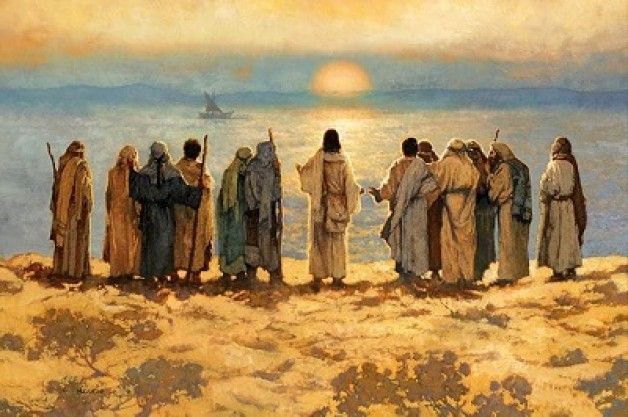
"Just as in the Gospel…Saint Peter and the other apostles constitute one apostolic college, so in a similar way the Roman Pontiff, the successor of Peter, and the bishops, the successors of the apostles, are joined together." (Lumen Gentium 22; cf. CIC 330) Saint Peter and the Apostles would teach in Christ's name under the guidance of the Holy Spirit, who guarantees that the Church's teaching authority (Magisterium) will always be protected against doctrinal error. (Cf. CCC 85-88,830-834,882, 936)
The Catechism of the Catholic Church, paragraph 880 addresses this question.
-The Didache Bible,
page 1273
They gave lots to them, and the lot fell upon Matthias, and he was counted with the eleven apostles.
Acts of the Apostles 1:26
Soon after Christ had ascended to Heaven, the Apostles recognized the need to appoint successors. They knew that the mission Christ entrusted to them was to continue beyond their deaths and endure until the Second Coming, so they elected Saint Matthias to take the place of Judas.
Later, Christ himself called Saint Paul to be an Apostle. Saints Timothy and Titus were also among the first men designated and ordained to share in the apostolic mission. (Cf. CCC 77,883-896, 1087)
The early Fathers of the Church such as Pope Saint Clement I (d. ca. AD 99) testify to this succession (cf. I Clement, 44:1-3). All Catholic bishops today assume their office through episcopal consecration and trace their authority in an unbroken line to the original Apostles of first-century Christianity. The Pope himself is a direct successor to
Saint Peter. (Cf. CCC 1555-1560,1576)
Who are the Bearers of the Obligations and the Authority that Christ committed to the Church?
Then Jesus approached and said to them, “All power in heaven and on earth has been given to me. Go, therefore, and make disciples of all nations, baptizing them in the name of the Father, and of the Son, and of the holy Spirit, teaching them to observe all that I have commanded you. And behold, I am with you always, until the end of the age.”
Matthew 28: 18-20
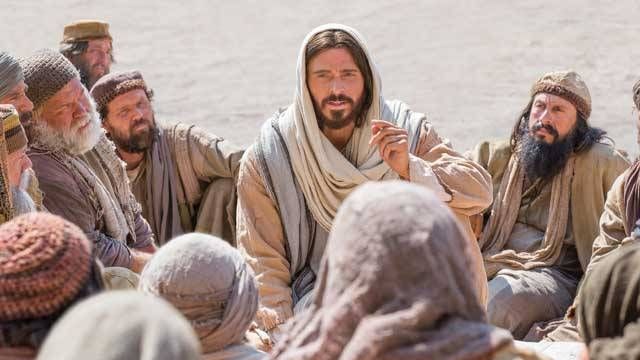
In the above scripture passage, Matthew records the Apostles as the bearers of the obligations and the authority Christ committed to the Church. The text mentions only “the eleven,” that is, the Apostles minus Judas Iscariot. These are those whom Christ chose to take His place as pastors of His flock. This is the context of the command given to them to make disciples and to baptize, and of His promise to remain with them “to the end of the age.”
This also corresponds to Christ’s other commitments of authority and responsibility to the Apostles, such as the power of the keys (Matthew 16:13-18 and Matthew 18:8), and the forgiveness of sin (John 20:19-23).
Since the Apostles all died, it also presumes that “to the end of the age” others will take their offices after them, as Matthias took that of Judas (Acts of the Apostles 1:15-26). Indeed, everywhere the Apostles went they appointed successors, as Paul appointed Timothy and Titus. In the 2nd century, Saint Irenaeus of Lyon will list the successors of Peter in the Roman See, in contradistinction to the heretics of his day who can claim no such authority.
Christ is also with the Church “to the end of the age” in other ways, as well. However, He is uniquely and most importantly Present in the Holy Eucharist, by means of which His Holy Sacrifice is remembered and made Present, in the gift of Himself in Holy Communion, and by remaining with us in our tabernacles. In all these ways the continuity and unity of Christ’s redemptive ministry is guaranteed until He comes again (cf. John 16:13-15, John 17:2-21).
-from Eternal Word Television Network (EWTN)
CORE CATHOLIC BELIEFS
Discover more of the core beliefs of Catholics and the Truth as revealed by God.



